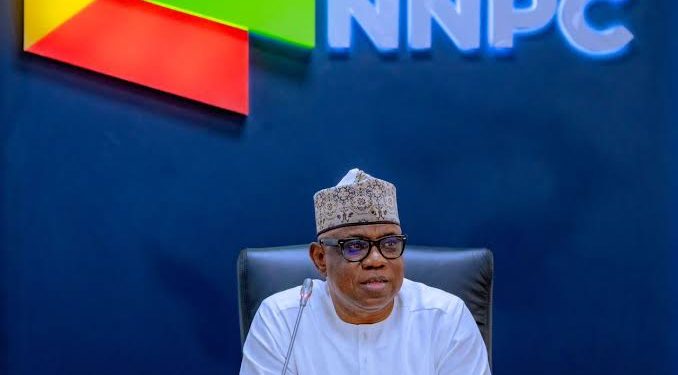The Federal Government is turning to Public-Private Partnerships (PPP) to rescue major road projects worth an estimated N3 trillion after the Nigerian National Petroleum Company Limited (NNPCL) announced it will stop funding under the tax credit scheme from August 1, 2025.
This significant policy shift was disclosed by the Minister of Works, who explained during a media briefing in Abuja that President Bola Tinubu has directed the ministry to urgently explore alternative financing models to prevent the abandonment of critical infrastructure projects nationwide.
A list of affected road projects is currently being compiled and will be reviewed for potential transition into PPP arrangements. Contractors with proven financial and technical strength will be prioritised under this plan. The Minister emphasised that the new funding model is aimed at ensuring continuity despite the withdrawal of NNPCL, which had served as a major financier under the tax credit scheme.
Until now, the scheme had enabled NNPCL to invest in vital road infrastructure in exchange for tax reliefs, helping to bypass budgetary delays. Its suspension has left a significant funding gap, placing the completion of numerous projects at risk.
Among the affected works is the 43.6-kilometre Maraba–Keffi dual carriageway. Originally funded under the tax credit scheme, the project has been redesigned with concrete pavement and will now be executed in phases. The N76 billion remaining from NNPCL’s contribution will only cover the full completion of the first carriageway and two kilometres of the second, while the rest of the stretch will undergo temporary maintenance.
Addressing concerns over the geographical distribution of federal road projects, the Permanent Secretary in the Ministry of Works clarified that construction costs vary across regions due to factors like terrain, groundwater levels, and access to materials. He noted that these variables make kilometre-to-kilometre comparisons misleading. As an example, he pointed out that building a kilometre of road in Bayelsa may cost as much as constructing ten in Katsina due to differing environmental and logistical challenges.
The government’s new direction reflects growing urgency to secure sustainable road financing strategies as Nigeria faces mounting infrastructure needs amid fiscal constraints.




![Call For Applications:Innova [Africa Future of Work and Entrepreneurship] Fellowship 2023 Innova [Africa Future of Work and Entrepreneurship] Fellowship 2023](https://msmeafricaonline.com/wp-content/uploads/2023/07/WhatsApp-Image-2023-07-03-at-8.01.03-AM.jpeg)





